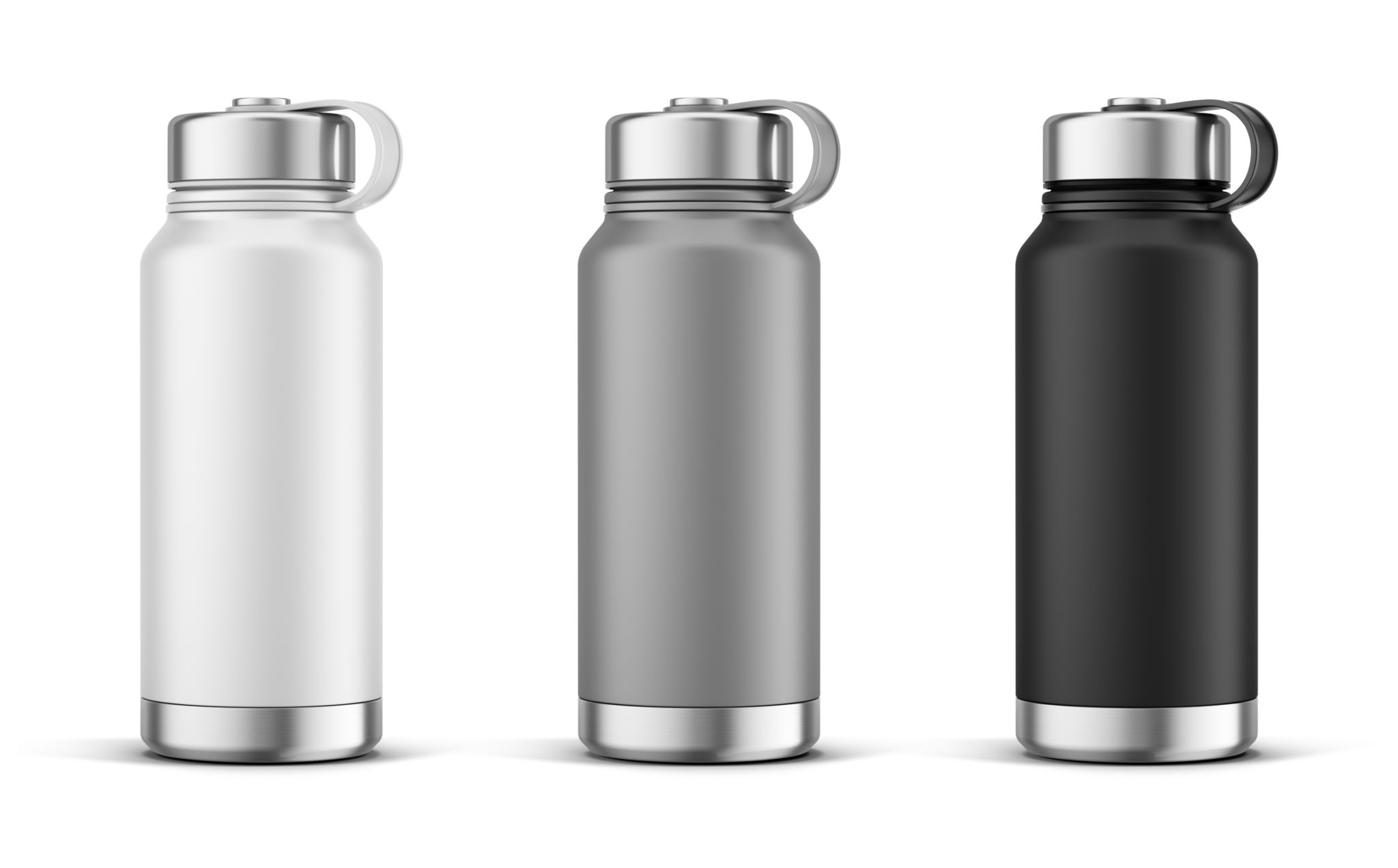Top Myths About Drug Testing Debunked
AD
Understanding Drug Testing: Separating Fact from Fiction
Drug testing is a common practice in workplaces, schools, and sports organizations. However, there are numerous myths and misconceptions surrounding the process. This post aims to debunk some of the top myths about drug testing and provide clarity on this important subject.

Myth 1: Drug Tests Are Always Invasive
One of the most common myths about drug testing is that it is an inherently invasive process. In reality, many drug tests are designed to be minimally intrusive. For instance, urine tests are often conducted in a private setting, and there are non-invasive options like saliva and hair tests. These alternatives offer reliable results without compromising personal privacy.
Additionally, advances in technology are continually improving the comfort and efficiency of drug testing methods. Employers and organizations strive to respect individuals' privacy while ensuring a drug-free environment.
Myth 2: Drinking Water Can Help You Pass a Drug Test
A prevalent misconception is that consuming large amounts of water can help someone pass a drug test by diluting their urine. While drinking water might reduce the concentration of certain substances temporarily, most modern drug tests can detect dilution attempts. Laboratories often check for creatinine levels to determine if a sample is overly diluted.

Moreover, excessive water consumption can lead to water intoxication, posing serious health risks. It's important to approach drug testing with honesty rather than relying on ineffective and potentially dangerous tactics.
Myth 3: All Drug Tests Are the Same
Another myth is the belief that all drug tests are identical. In fact, there are several types of drug tests, each designed to detect different substances over varying periods. Common methods include:
- Urine tests: Widely used due to their cost-effectiveness and ability to detect recent drug use.
- Hair tests: Can identify drug use over a longer period, typically up to 90 days.
- Saliva tests: Ideal for detecting very recent drug use, often within a few days.

Myth 4: Poppy Seeds Can Cause a Positive Result
The myth that eating poppy seeds can lead to a positive drug test result is based on some truth but is largely exaggerated. While poppy seeds can contain trace amounts of opiates, it would require an unusually large consumption to affect a test result significantly. Modern drug tests have cutoff levels designed to avoid false positives from such everyday consumption.
Nonetheless, if you're concerned about a pending test, it might be wise to avoid poppy seed products temporarily as a precautionary measure.
Myth 5: Over-the-Counter Medications Don't Affect Drug Tests
Many people believe that over-the-counter (OTC) medications don't interfere with drug test results. However, some OTC medications can indeed cause false positives. For example, certain decongestants might be mistaken for amphetamines.
If you're taking OTC or prescription medications, it's crucial to disclose this information to the testing authority beforehand. They can differentiate between legitimate medication use and illicit drug use.
Conclusion: Approach Drug Testing with Knowledge
Understanding the facts about drug testing is essential for both employers and employees. By debunking these myths, individuals can approach drug testing with a clearer perspective and make informed decisions. Honesty and transparency remain key components in maintaining a trustworthy and safe environment in any setting.
